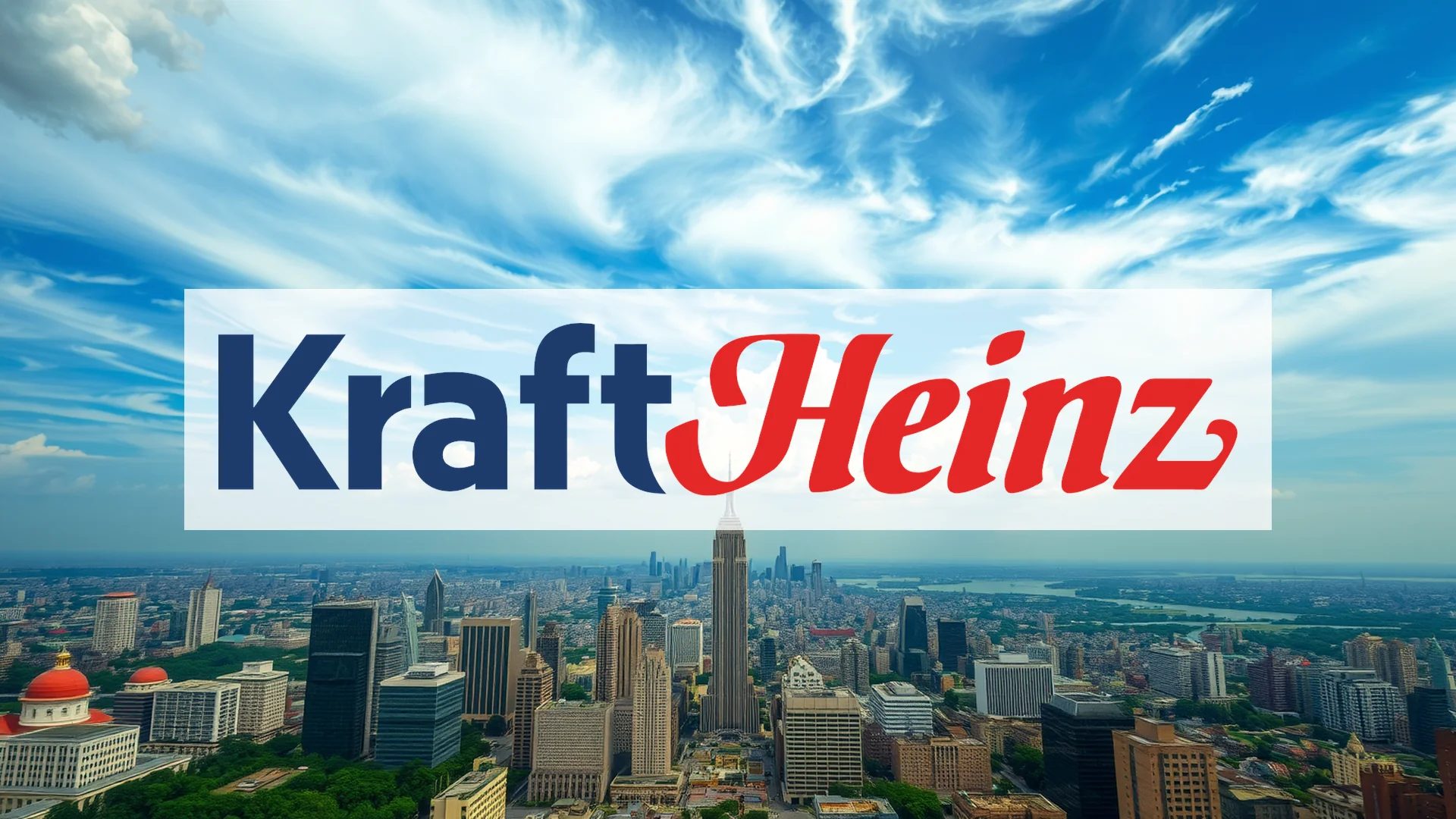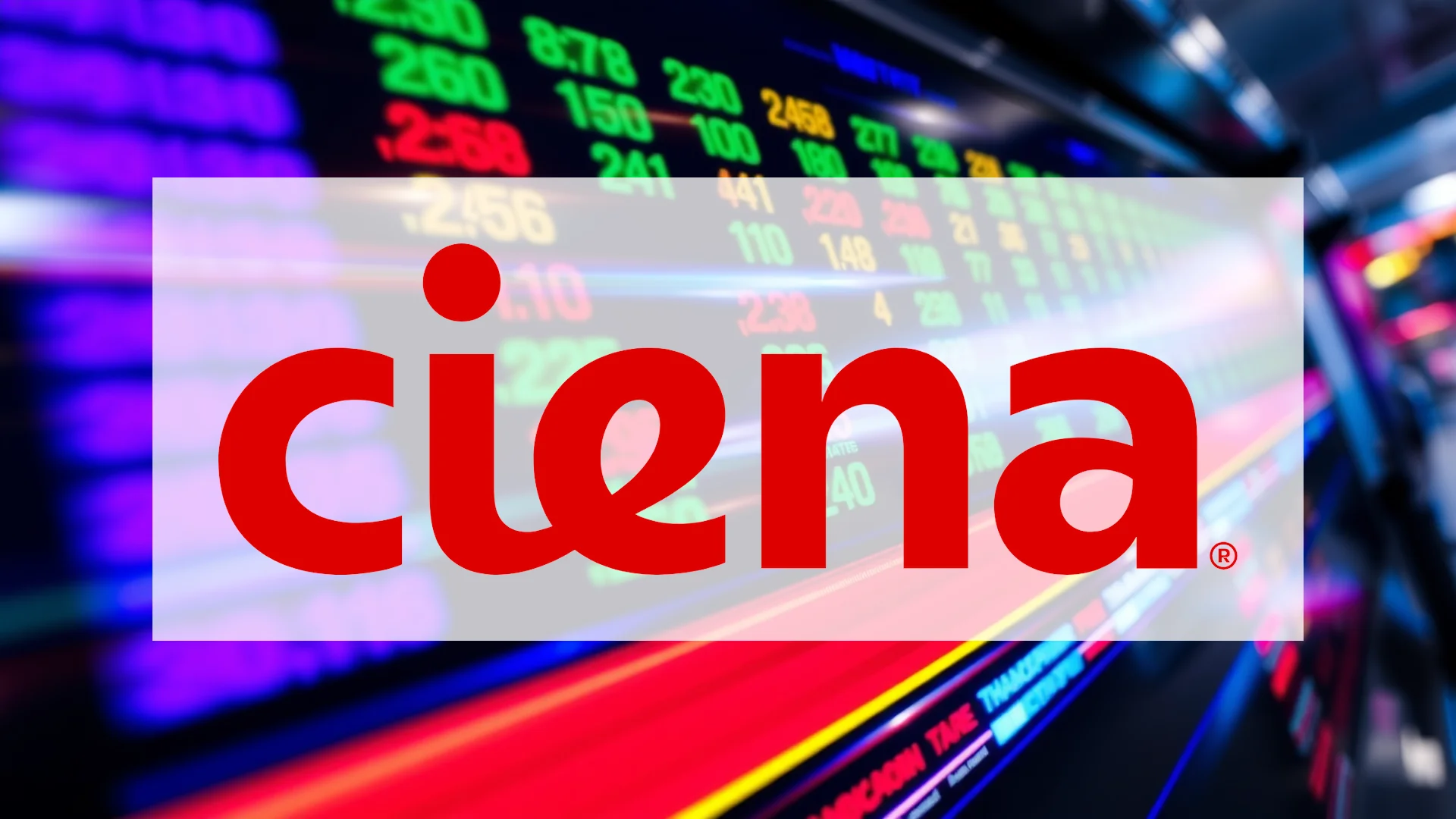In a dramatic reversal of strategy, food industry titan Kraft Heinz has announced plans to dismantle its corporate structure. The company will separate into two distinct publicly-traded entities, effectively unwinding its much-touted mega-merger from a decade ago. This decisive action comes after years of declining performance and a severely depressed stock price, raising the critical question of whether such a radical move can salvage the faltering giant.
Unwinding a Decade-Old Merger
The board of directors at Kraft Heinz unanimously approved a separation plan that will see the conglomerate divided. The move reverses the celebrated $46 billion union from 2015 and is slated to be executed as a tax-free transaction in the second half of 2026. Despite Wall Street anticipating this outcome following a strategic review launched in May, the announcement still triggered a sharp 7.2% sell-off in the company’s shares on Tuesday.
Divergent Paths for Two New Entities
The breakup aims to create two streamlined companies, each with a unique strategic focus:
“Global Taste Elevation Co.” will become the growth-oriented vehicle, housing a portfolio of sauces, dressings, and spreads. This segment includes iconic brands such as Heinz Ketchup, Philadelphia cream cheese, and Kraft Mac & Cheese. It stands as the conglomerate’s crown jewel, generating $15.4 billion in revenue (59.7% of the total) and $4.0 billion in Adjusted EBITDA. With approximately 20% of its business already in emerging markets and another 20% in the away-from-home consumption channel, it is well-positioned for international expansion.
Conversely, “North American Grocery Co.” will focus on traditional grocery staples, including Oscar Mayer meats, Kraft Singles, and Lunchables. This entity, which recorded $10.4 billion in revenue and $2.3 billion in Adjusted EBITDA, is heavily concentrated on the North American market and is expected to provide stable cash flows.
Mixed Reactions from Major Investor and Analysts
The planned split has received a lukewarm reception from key figures. Warren Buffett, whose Berkshire Hathaway investment firm is the largest shareholder with a 27.5% stake, expressed his disappointment. “It was certainly not a brilliant idea to merge the companies,” he stated, “but I don’t think the separation solves the problem.” The sentiment is underscored by Berkshire’s need to write down its Kraft Heinz investment by $3.76 billion in the second quarter of 2025.
Should investors sell immediately? Or is it worth buying Kraft Heinz?
In contrast to Buffett’s skepticism, analysts at Morgan Stanley offered a more optimistic outlook. The investment bank upgraded the stock from “Underweight” to “Equal Weight,” with analyst Megan Clapp suggesting “the worst is behind us.” She posited that the separation could cap the stock’s downside risk while granting each new company greater strategic flexibility.
Following an Industry Trend Amidst New Challenges
Kraft Heinz’s decision aligns with a broader pattern in the food sector, most notably exemplified by Kellogg’s successful 2023 split into Kellanova and WK Kellogg. Since their separation, the Kellogg spin-offs have seen their shares surge by 50.7% and 72.1%, respectively. Over that same period, Kraft Heinz shares declined by 17.5%.
However, significant industry headwinds persist. The “Make America Healthy Again” initiative championed by Health Secretary Robert F. Kennedy Jr. is pressuring food manufacturers to eliminate artificial ingredients. Furthermore, proposed legislation in California aimed at regulating ultra-processed foods poses a direct threat to core products within the Kraft Heinz portfolio.
A Costly and Uncertain Path Forward
Executing the separation is projected to incur up to $300 million in lost synergies, though management asserts these can be mitigated in the short term. Both new companies are expected to maintain investment-grade credit ratings and uphold the current aggregated dividend level.
The fundamental question remains unanswered: Can this drastic corporate surgery halt the decline of a company whose stock has plummeted roughly 60% since the merger and which has reported seven consecutive quarters of falling organic sales? Or does this breakup simply represent the final chapter in a long story of failed expectations?
Ad
Kraft Heinz Stock: Buy or Sell?! New Kraft Heinz Analysis from February 8 delivers the answer:
The latest Kraft Heinz figures speak for themselves: Urgent action needed for Kraft Heinz investors. Is it worth buying or should you sell? Find out what to do now in the current free analysis from February 8.
Kraft Heinz: Buy or sell? Read more here...













